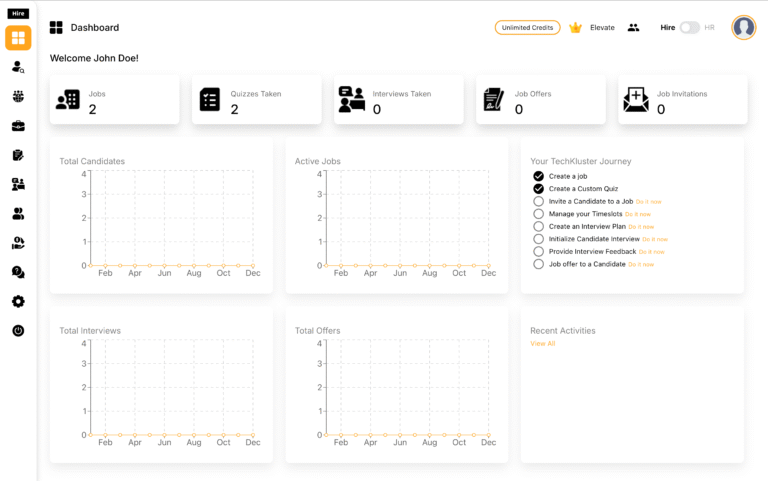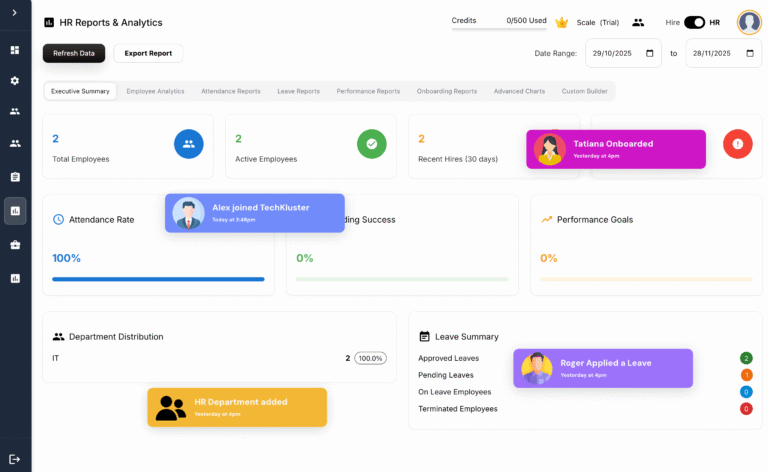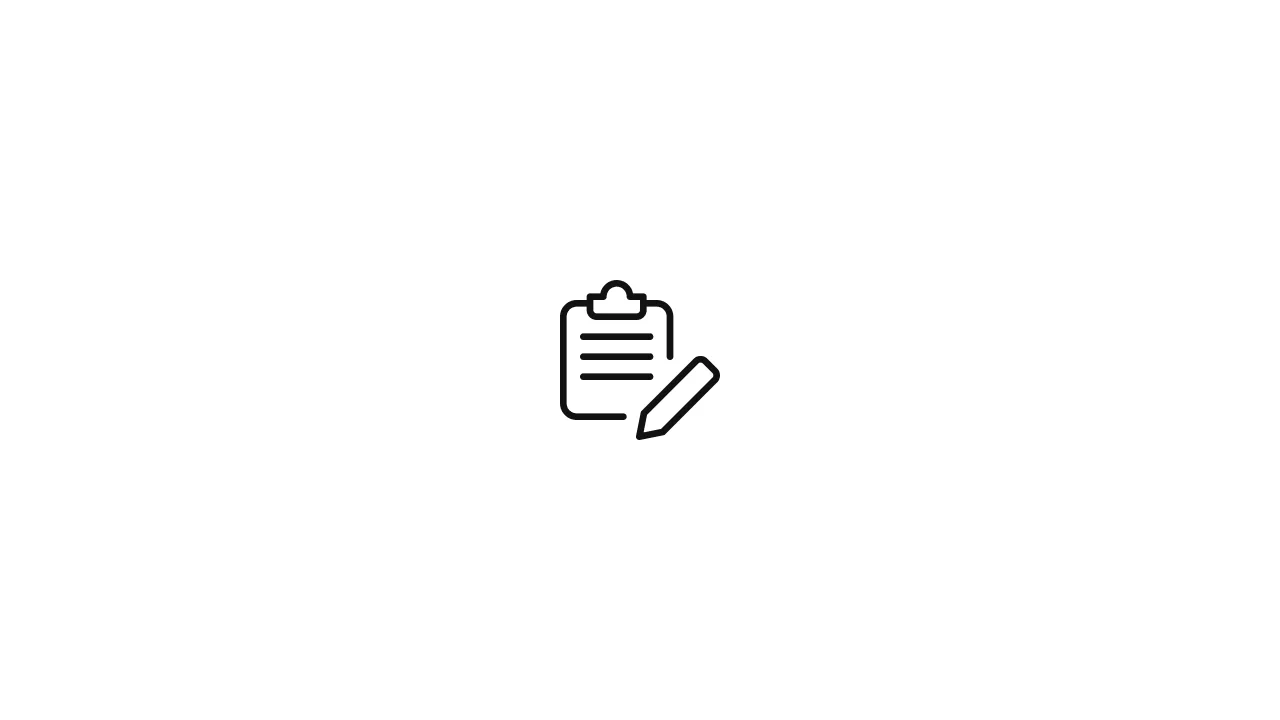Introduction When working with JSON data in Java applications, you may encounter the JsonMappingException with the message "Can not deserialize instance of java.util.ArrayList from Object value (token JsonToken.START_OBJECT)." This exception occurs when there is a mismatch between the expected data type and the actual JSON structure during deserialization. In this article, we will explore the …
Introduction
When working with JSON data in Java applications, you may encounter the JsonMappingException with the message “Can not deserialize instance of java.util.ArrayList from Object value (token JsonToken.START_OBJECT).” This exception occurs when there is a mismatch between the expected data type and the actual JSON structure during deserialization.
In this article, we will explore the common causes of this exception and provide step-by-step solutions to fix it. We will use Jackson, a popular JSON library for Java, to demonstrate the solutions.
Understanding the Exception
The JsonMappingException is a part of the Jackson library and is thrown when there is a problem with mapping or converting JSON data to Java objects. The specific message “Can not deserialize instance of java.util.ArrayList from Object value (token JsonToken.START_OBJECT)” suggests that the deserializer is expecting an ArrayList but encounters a JSON object instead, resulting in the exception.
To better understand the exception, let’s consider an example:
Suppose we have the following JSON data:
{
"name": "John Doe",
"age": 30,
"email": "[email protected]"
}And the corresponding Java class to map this JSON data:
public class Person {
private String name;
private int age;
private String email;
// Getters and setters
}Now, let’s attempt to deserialize this JSON data into an ArrayList of Person objects:
ObjectMapper objectMapper = new ObjectMapper();
List<Person> personList = objectMapper.readValue(jsonData, new TypeReference<List<Person>>(){});This code will throw the JsonMappingException we mentioned earlier.
Causes of the Exception
The exception occurs due to a mismatch between the JSON structure and the target Java class during deserialization. There are two common reasons for this:
- Incorrect JSON Structure: The JSON data contains an object (denoted by
{}) instead of an array (denoted by[]), which leads to a conflict with the expected ArrayList type. - Wrong Deserialization Target: The target Java class used for deserialization is not appropriate for the given JSON data. It may not match the structure of the JSON data, causing the deserialization to fail.
Solutions
Let’s explore two possible solutions to fix the JsonMappingException.
Solution 1: Correcting the JSON Structure
If the JSON data represents an object instead of an array, we should adjust our target Java class accordingly. In the given example, since the JSON data represents a single person object, we should modify the Java code to reflect that:
public class Person {
private String name;
private int age;
private String email;
// Getters and setters
}Now, let’s modify the deserialization code to handle the single object:
ObjectMapper objectMapper = new ObjectMapper();
Person person = objectMapper.readValue(jsonData, Person.class);With these changes, the deserialization will now work correctly without throwing the JsonMappingException.
Solution 2: Adjusting the JSON Data
If you genuinely expect an ArrayList of Person objects from the JSON data, you need to modify the JSON structure accordingly. Each person object should be enclosed in square brackets to form an array.
Let’s adjust the JSON data:
[
{
"name": "John Doe",
"age": 30,
"email": "[email protected]"
}
]Now, with the original Person class, the deserialization will work as intended:
ObjectMapper objectMapper = new ObjectMapper();
List<Person> personList = objectMapper.readValue(jsonData, new TypeReference<List<Person>>(){});The ArrayList of Person objects will be correctly deserialized from the adjusted JSON data.
Solution 3: Handling Dynamic JSON Structures
In some cases, you might encounter JSON data with dynamic structures, where the root element can either be an object or an array of objects. To handle such scenarios, you can use a generic approach to conditionally deserialize the JSON data based on its structure.
Consider the following example JSON data:
// JSON with an object
{
"name": "John Doe",
"age": 30,
"email": "[email protected]"
}
// JSON with an array of objects
[
{
"name": "Alice",
"age": 28,
"email": "[email protected]"
},
{
"name": "Bob",
"age": 32,
"email": "[email protected]"
}
]To handle both the single object and the array of objects, we can create a wrapper class that can encapsulate either the single object or the list of objects. Let’s create a generic wrapper class for our Person class:
public class PersonWrapper {
private ListNow, we can use this wrapper class to deserialize both types of JSON structures:
ObjectMapper objectMapper = new ObjectMapper();
PersonWrapper personWrapper = objectMapper.readValue(jsonData, PersonWrapper.class);
// Check if the persons field is not null
if (personWrapper.getPersons() != null) {
List<Person> personList = personWrapper.getPersons();
// Do something with the list of persons
} else {
Person singlePerson = personWrapper.getPerson();
// Do something with the single person
}By using this approach, the deserialization process becomes more flexible, and you can handle various JSON structures without encountering the JsonMappingException.
Additional Considerations
When working with JSON data in Java, consider the following tips:
- ObjectMapper Configuration: Configure the
ObjectMapperto handle various JSON structures efficiently. You can set options likeACCEPT_SINGLE_VALUE_AS_ARRAYto handle single objects as arrays automatically.
ObjectMapper objectMapper = new ObjectMapper();
objectMapper.enable(DeserializationFeature.ACCEPT_SINGLE_VALUE_AS_ARRAY);- Exception Handling: Always handle exceptions gracefully in your application to provide appropriate feedback to users or log the errors for debugging purposes.
- JSON Validation: Ensure that the JSON data you receive or generate is valid according to the expected schema. JSON schema validation can help you enforce data integrity.
- Testing: Write comprehensive unit tests for your JSON serialization and deserialization code to catch any issues early in the development process.
Conclusion
In this article, we discussed the JsonMappingException that occurs when there is a mismatch between the expected Java data type and the actual JSON structure during deserialization. We explored three solutions to fix this exception, including adjusting the JSON structure, modifying the target Java class, and handling dynamic JSON structures using a wrapper class.
When working with JSON data in Java applications, it’s essential to handle various JSON structures gracefully and use libraries like Jackson to simplify the parsing and mapping tasks. By following the guidelines and best practices provided here, you can ensure smooth and robust handling of JSON data in your Java projects.





